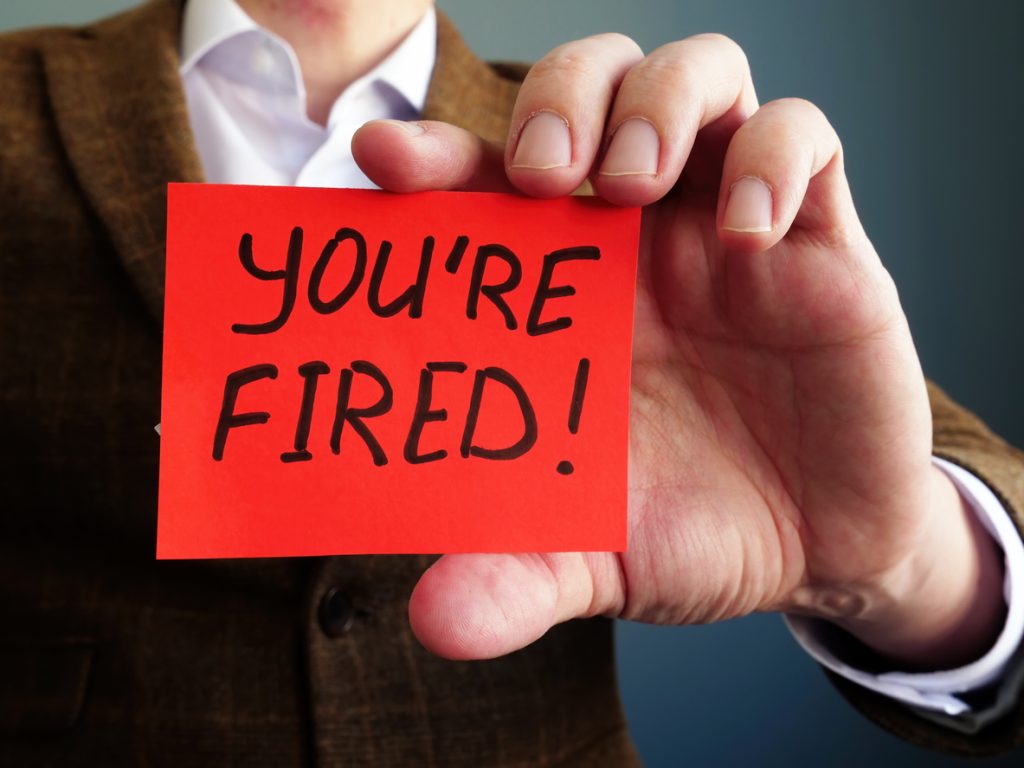A Wrongful Termination Lawyer in California plays a critical role in handling retaliation claims for employees who have faced adverse actions after engaging in legally protected activities. Retaliation claims are among the most common types of wrongful termination cases in the state, and understanding how these claims are managed is essential for anyone seeking legal recourse. This article provides a comprehensive overview of how a Wrongful Termination Lawyer in California approaches retaliation claims, the legal framework involved, and the steps employees can take to protect their rights.
What Is Retaliation in California Employment Law?
Retaliation in the workplace occurs when an employer takes adverse action against an employee for engaging in activities protected by law. These protected activities include reporting discrimination, filing a wage claim, whistleblowing, or participating in workplace investigations. California law, including the Fair Employment and Housing Act (FEHA) and Labor Code Section 1102.5, strictly prohibits such retaliation and provides robust protections for employees who exercise their legal rights.
A Wrongful Termination Lawyer in California will first determine whether the employee’s actions qualify as protected activity under state or federal law. This is a foundational step in building a retaliation claim, as the lawyer must establish that the employee was engaged in lawful conduct before facing adverse consequences from the employer.

Legal Framework for Retaliation Claims
California’s legal framework for retaliation claims is built on several key statutes and regulations. The FEHA protects employees from retaliation for reporting discrimination or harassment, while Labor Code Section 1102.5 specifically safeguards whistleblowers who report suspected violations of employment law. Additionally, the California Labor Commissioner’s Office enforces more than 45 labor laws that prohibit retaliation and discrimination, ensuring that employees have multiple avenues for seeking redress.
A Wrongful Termination Lawyer in California will review the specific facts of the case to determine which laws apply and how best to proceed. This may involve filing a complaint with the California Civil Rights Department (CRD) or the Equal Employment Opportunity Commission (EEOC) if the retaliation is based on federal law.
Steps in Handling a Retaliation Claim
When an employee approaches a Wrongful Termination Lawyer in California with a retaliation claim, the lawyer will typically follow a structured process to investigate and build the case. The first step is to gather evidence that demonstrates the employee engaged in protected activity and suffered adverse consequences as a result. This evidence may include witness testimony, performance reports, HR documentation, and communications detailing the retaliatory behavior.
The lawyer will then assess the strength of the evidence and determine whether to file a complaint with the appropriate government agency or pursue a private lawsuit. In California, complaints must be filed within one year of the retaliatory act, except for certain whistleblower cases, which have a 90-day deadline. Missing the deadline may limit the employee’s options, so timely action is crucial.
Proving a Retaliation Claim
Proving a retaliation claim in California involves establishing a causal connection between the employee’s protected activity and the employer’s adverse action. This generally requires demonstrating three key elements: the employee engaged in legally protected behavior, the employer took negative action against the employee, and there is a causal link between the two.
A Wrongful Termination Lawyer in California will help the employee gather and present evidence to support each of these elements. This may include testimony from coworkers or supervisors, documentation of the adverse action, and evidence of the timing between the protected activity and the retaliation. Establishing causation is often the most challenging part of a retaliation claim, as employers rarely admit to retaliatory motives.

Remedies for Retaliation Claims
If a retaliation claim is successful, the employee may be entitled to various remedies, including back pay, reinstatement, compensatory damages, and attorney’s fees. In some cases, the employer may also be required to pay civil penalties, especially if the retaliation involved willful violations of labor laws.
A Wrongful Termination Lawyer in California will work to ensure that the employee receives the full range of remedies available under the law. This may involve negotiating a settlement with the employer or pursuing the case through litigation if necessary.
The Role of Government Agencies
Government agencies play a crucial role in enforcing California’s anti-retaliation laws. Employees who believe they have been retaliated against can file a complaint with the California Civil Rights Department or the Labor Commissioner’s Office. These agencies will investigate the complaint and may take enforcement action against the employer if retaliation is found.
A Wrongful Termination Lawyer in California can assist employees in navigating the complaint process and ensuring that their rights are protected. The lawyer may also represent the employee in any hearings or proceedings before the agency.
Common Challenges in Retaliation Claims
Retaliation claims can be complex and challenging to prove, especially when the adverse action is subtle or indirect. For example, an employer may retaliate by moving an employee to a less desirable position, reducing their hours, or excluding them from meetings, rather than outright termination. These actions can be difficult to document and prove, but a skilled Wrongful Termination Lawyer in California will know how to gather the necessary evidence and build a strong case.
Another challenge is establishing causation, as employers often provide alternative explanations for their actions. The lawyer will need to demonstrate that the adverse action was not justified or was the result of another reasonable cause.
How a Wrongful Termination Lawyer in California Builds a Case
A Wrongful Termination Lawyer in California will begin by conducting a thorough investigation of the facts and circumstances surrounding the alleged retaliation. This may involve interviewing witnesses, reviewing employment records, and gathering documentation of the adverse action. The lawyer will also assess the strength of the evidence and determine the best legal strategy for the case.
Once the investigation is complete, the lawyer will prepare and file the necessary legal documents, whether a complaint with a government agency or a lawsuit in court. The lawyer will also represent the employee in any hearings or proceedings and work to negotiate a favorable settlement if possible.
Legal Standards and Judicial Precedents
California courts have established clear standards for evaluating retaliation claims. To succeed, the employee must show that they engaged in protected activity, suffered an adverse employment action, and that there is a causal connection between the two. Courts will also consider whether the employer’s explanation for the adverse action is legitimate or pretextual.
A Wrongful Termination Lawyer in California will be familiar with these legal standards and will use them to build a strong case for the employee. The lawyer may also cite relevant judicial precedents to support the claim and demonstrate that the employee’s rights have been violated.
Protecting Employee Rights
California law provides strong protections for employees who face retaliation for engaging in protected activities. These protections are designed to encourage employees to exercise their legal rights without fear of adverse consequences from their employers.
A Wrongful Termination Lawyer in California plays a vital role in enforcing these protections and ensuring that employees receive the justice they deserve. By helping employees navigate the legal process and build strong cases, these lawyers help to uphold the integrity of California’s employment laws.
Conclusion
Handling retaliation claims is a complex and challenging process that requires a deep understanding of California employment law. A Wrongful Termination Lawyer in California is essential for employees who believe they have been retaliated against for engaging in protected activities. By gathering evidence, navigating the legal process, and advocating for their clients’ rights, these lawyers help to ensure that employees are protected from unlawful retaliation and can seek justice for their grievances.
For those seeking legal assistance, consulting with an experienced wrongful termination lawyer in California can provide the guidance and support needed to pursue a retaliation claim successfully. More information about legal options and resources is available through the California Civil Rights Department and the Labor Commissioner’s Office.
For more details on how a Wrongful Termination Lawyer in California can assist with retaliation claims, visit the Experienced Wrongful Termination Lawyer in California page.
Employees can also file a retaliation complaint with the California Civil Rights Department, which enforces state laws protecting workers from retaliation and discrimination.